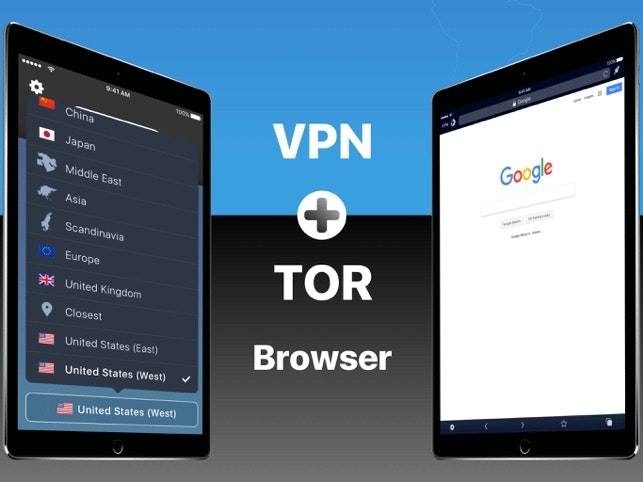

A VPN covers 100% of the internet traffic on your device, including not only your browser but also games, social apps, and more - if it connects to the internet, it goes through the VPN. When you connect to a VPN, it encrypts all the internet traffic between your device and the VPN server. VPN stands for “virtual private network,” and it’s the privacy aspect that weighs heavily in the VPN vs. Like a proxy, a VPN is a remote server that connects you to the internet. The lack of encryption is one of the chief differences between a proxy and a VPN or Tor. Proxies also work on an app-by-app basis, and you can’t simply set one proxy to cover your entire device. If you’re on an unsecured Wi-Fi network, for example, anyone else connected to the same network could eavesdrop on your online activity. What most proxies cannot do is encrypt your internet traffic. You can also use a proxy to make yourself appear as though you’re in a different real-world location than you actually are - perhaps because you want to access location-locked content. You can configure a proxy on your device, or you can connect to one of the many web-based proxies available online.īy concealing your IP address, a proxy can help to anonymize you over the internet - though some proxies communicate your IP address to your destination website. Your actual IP address is hidden behind the proxy. As far as all the websites and internet services you use are concerned, the proxy is your identity online. Your browser connects to the proxy, and it connects your browser to the internet. A proxy server is an intermediary between your internet browser and the greater internet.


 0 kommentar(er)
0 kommentar(er)
